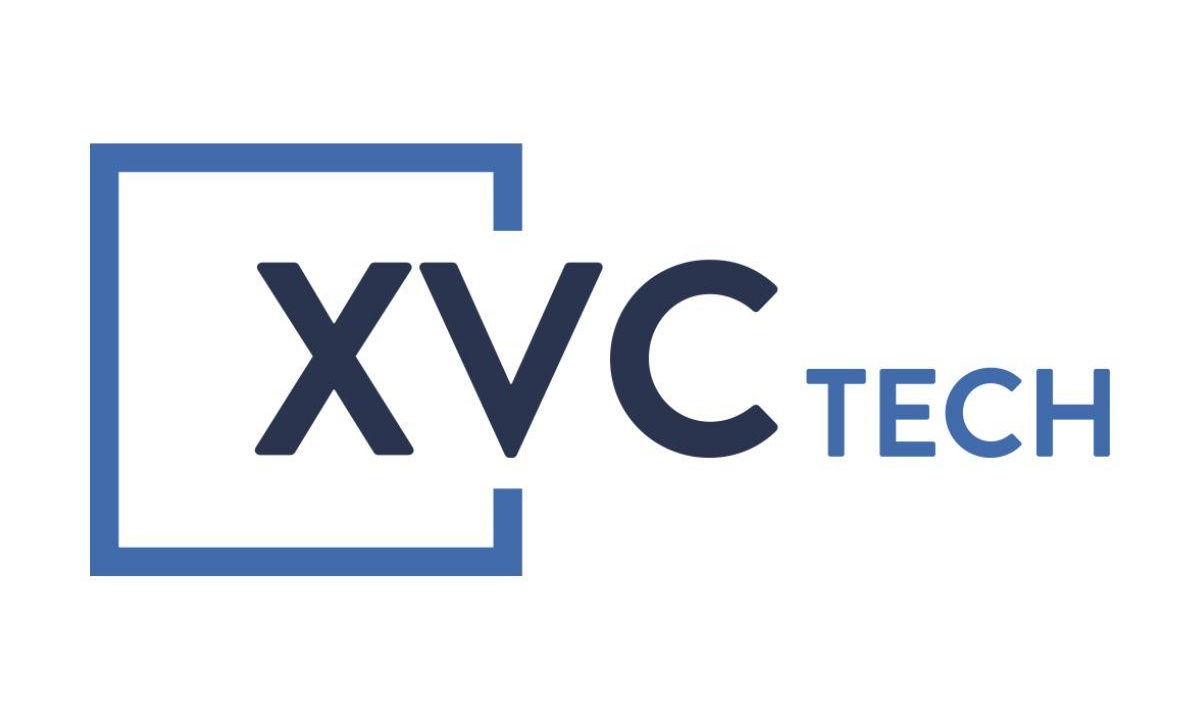The uncertainties surrounding the evolution of the coronavirus and its impact on the global economy are gripping. The world was not ready for a global pandemic, just as it wasn’t during the Spanish flu of 1918-1920 or other similar global plagues in history.
What is different this time is the fact our world has never been more technologically connected, with people able to work remotely, buy online, see a doctor through video conferencing, and purchase digital currencies unencumbered by the limitations of fiat currencies. Indeed, well before COVID-19 arrived on the scene, digital assets have become a slowly maturing niche.
The last decade has seen a new kind of currency evolve, with the Bitcoin cryptocurrency has emerged at the right time to save the world with a new definition of speed, transparency, and reliability, thanks to Bitcoin’s twin revolution of the blockchain.
Blockchain in Payment Industry
I believe that blockchain technology can be used in the payments industry for the following reasons.
- We're shifting to a more digital world, where paying with cash is not an option, and the current credit card system is outdated. The adoption of cryptocurrency was already beginning when the pandemic began, as merchants of all sizes and industries have begun accepting cryptocurrency payments, and the technology has come a long way in a short amount of time.
Additionally, many traditional financial institutions and large corporations were starting to license blockchain technology, patent their own bespoke blockchain technologies and adapt the array of benefits that blockchain and cryptocurrencies have to offer.
- Crypto payments offer a way to reduce the number of germs spread from dirty credit cards and cash.
- Blockchain payments are a game changer because it allows the 1.7 billion people who do not have access to a bank account to shop online. This is major as stores and cities shut down. With crypto payments, all you need is a smartphone and an email address! This is a win-win for both merchants and consumers.
There have been many recent calls for an 'immunity passport,' which some (including Bill Gates) have identified as critical for society to start going back to 'normal' in a measured and controlled manner. With blockchain-enabled identity architecture (SSI & verifiable credentials), the technology is not only available to do this today, but we can do it in a way that preserves personal privacy and individual control.
"With the imposition of quarantine, Chinese citizens cut off offline consumption, which naturally affected the mobile payments sector. On the other hand, the isolation policies have paved the way for fintech companies who realized their responsibility in the fight against the pandemic. China went cashless before COVID-19 where around 86% of the country’s population use their smartphones paying for literally everything. Interestingly enough, right before the coronavirus outburst, the mobile payment transactions showed a somewhat slower pace due to market saturation.
The offline business has made the most significant contribution in the development of cashless stance: the Chinese brick-and-mortar retailers were extensively using QR codes. The scan-to-pay method was welcomed with open arms, resulting in 15-fold growth over the past three years. Contactless payments and blockchain will definitely experience a dramatic surge."
The coronavirus pandemic will lead to major technological advances to accommodate the new status quo, but one area, in particular, will explode: blockchain and digital currencies.
Blockchain and Social Media
Situations like the COVID-19 pandemic show that we need to closely replicate our existing social structures in the digital world, which are significantly more resistant to physical catastrophes like this one. One key arena is social media, where blockchain technologies can help people create sustainable microcosms resembling groups in the real world, like book clubs, art galleries, or even AA meetings. Community leaders can rally people together, hold public conversations with their compatriots, and get compensated for their time spent on community management.
Conventional social media doesn't allow much in the way of community empowerment, whereas blockchain-based solutions can be built to respect privacy and create avenues for exchanging real value for social and creative contributions. With the right incentive structures, people can be inspired to share accurate information, tell authentic stories, and behave with civility, just as with in-person communication. Blockchain and other distributed storage technologies like IPFS can also be used to create immutable communities that do not have a single point of failure.
Human beings need authentic connections and communication with each other. The value and validation those connections give us need to be reflected in our social media, which a blockchain platform can achieve.
Blockchain in Music Industry
The music industry needs its own version of aviation’s black box flight recorders: something reliable and indestructible that records every move, something you can turn to when trouble strikes.
No one is looking for an accurate recording of what happened until there’s a problem. Until now, going back and trying to figure out what’s correct, whether it is a copyright infringement and a royalties issue would have been extremely costly, or simply impossible. Blockchain changes that.
Blockchain records transactions as they happen in immutable form. For music, that means every stream and every purchase is recorded and timestamped at the moment it occurs. This may not sound that revolutionary, but it is: the industry has been depending on digital service providers, for example, to generate the number of streams per track (a crucial metric in business decision making and royalty payouts). Yet these numbers are only available after significant delays and are rife with discrepancies. Blockchain can uncover these errors and inconsistencies. It can also form the basis for a wide range of data-intensive transactions and creative initiatives with the potential to empower artists and unleash new and faster revenue.
While these features promise to improve efficiency and transparency, the real excitement of blockchain comes from the yet undiscovered applications that can provide new revenues for artists, labels, and publishers.
Blockchain in Supply Chain
During 2020, blockchain will continue to grow in the finance sector, ahead of other sectors. Applications like food tracking, authentication of goods and storage of sensitive data involve significant legal work to tie real-world objects to their tokenized equivalents.
The most significant breakthrough in this area that we’ll see is the application of blockchain’s fundamental technology to sovereign currencies. China may well attempt an experiment in a model city like Shenzhen this year, and Sweden is another country interested in this possibility.
The coronavirus crisis is likely to speed up these tendencies, for two reasons.
Firstly, there will be greater consolidation in the blockchain space. Many companies were not prepared for the crisis, whether in terms of infrastructure or their financial arrangements. Well-prepared start-ups will be accelerated as a result.
Secondly, it will become increasingly clear that blockchain-based assets are not correlated to stocks. If you look at the recent market crisis precipitated by the coronavirus, blockchain and the stock market were only correlated for a little over one week. Bitcoin’s drop was primarily a liquidity issue – people panicking and looking for liquid assets – and it quickly became apparent that the currency was oversold. The markets are once again uncorrelated. This will drive further interest in blockchain-based financial instruments.
It’s quite possible that, by the end of the year, we may even see what mass adoption will look like. The kind of services and tools that will be used widely in the future will probably already be available this year.
Wrapping it Up
There are a myriad of obvious reasons now, more than ever the need to transition from legacy financial services (paper money, brick and mortar locations, zero transparency, high fees, one source of truth vs immutability of blockchain in some cases).
The potential is endless, the need is immediate but will those in charge answer the call to jump the rails bridge the gap between old and new money?
Investment Disclaimer








